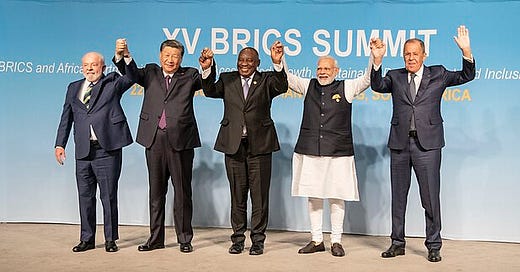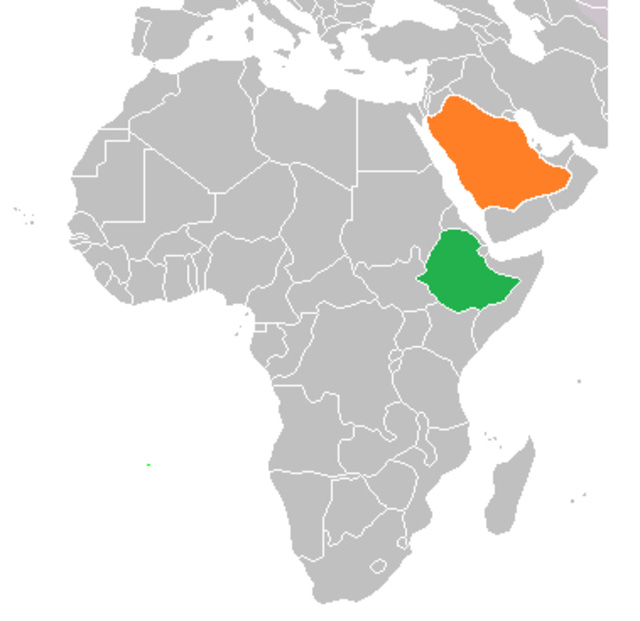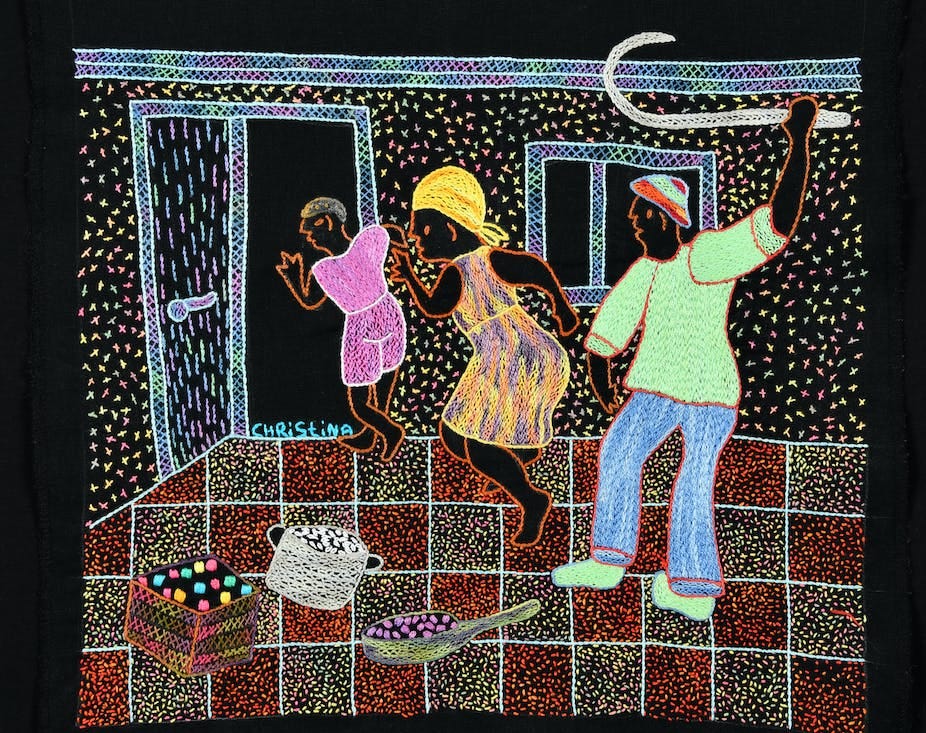🔅 BRICS Gets Bigger, Polio Detection is Now Easier & Flutterwave Flies High
Plus, Ethiopians Taking the Ultimate Risk and South Africa's Gender-Based Violence Crisis
Photo of the day: Cameroon

Markets:
🔴 Nigerian SE: 65,401.82 (-0.14%)
🟢 Johannesburg SE: 74,301.56 (+0.38%)
🔴 Ghana SE: 3,049.56 (-0.41%)
🟢 Nairobi SE: 100.32 (+0.58%)
🔴 US S&P 500: 4,393.01 (-0.97%)
🔴 Shanghai Composite: 3,082.24 (-0.12%)
*Data accurate as of the close of markets across the continent
Brief & Bright: Africa's Top Five Highlights
BRICS: The Club for Emerging Economies is Now Even Bigger
Move over G8—BRICS is here! The club of large and populous emerging economies is welcoming six new members from January 1, 2024. The five original countries—Brazil, Russia, India, China, and South Africa—have opened their doors to Argentina, Ethiopia, Iran, Saudi Arabia, Egypt, and the UAE. This expansion will “bring new vigour to the BRICS cooperation mechanism and further strengthen the force for world peace and development,” said Chinese President Xi Jinping, the group's most powerful country. Admission of the six new members means BRICS will represent 46% of the world’s population and an even greater share of its economic output. While the US has played down the likelihood of BRICS emerging as a geopolitical rival, the bloc’s common belief that the international system is dominated by Western states and institutions and is not serving the interests of developing nations might just be a game-changer.
Indeed, at around the same time the announcement was made, Antonio Guterres, the United Nations Secretary-General, had a message for the world: “Global governance structures reflect yesterday’s world.” He’s talking about the Security Council and the Bretton Woods institutions—the World Bank and International Monetary Fund—which were created way back in the aftermath of World War II. And it’s true—back then, many African countries were still under colonial rule and weren't invited to the party.
Half the Time: A New Technique is Making Polio Detection a Breeze

Polio could soon be a thing of the past—at least if a new technique trialled in the DRC is anything to go by. Until now, the problem with detecting polio has been that it takes a whopping 42 days to get a confirmed diagnosis. That's because stool samples have to be shipped around the world for lab tests. But with the new technique, known as DDNS, the average testing time is cut down to 23 days—that’s a reduction of 19 days. The accuracy rate is also pretty impressive—it exceeds 99%. Here's how it works: samples are taken instead from wastewater, and the results are obtained in the country of origin. Lag times in detection and testing, as well as waning vaccination rates, have been the biggest hurdle to global polio eradication initiatives. So, this new technique could be the key to getting us closer to a polio-free world. What's more, the technique could be used to detect other pathogens, making it a valuable tool for broader disease surveillance.
Ethiopians Pay the Ultimate Price for a Chance at a Better Life
In search of a better life, hundreds of Ethiopians have been taking the Somalia-Yemen-Saudi Arabia route—and many of them have been paying the ultimate price. According to a Human Rights Watch report, between March 2022 and June 2023, Saudi border guards killed hundreds of Ethiopian migrants and asylum seekers trying to cross the border. 14-year-old Hamdiya, one of the survivors, said she saw 30 people killed on the spot. “I don’t know what happened after that,” she said. “I could feel people sleeping around me. Then I realised they were actually dead bodies.” The report also alleges that Saudi border guards have used “explosive weapons” to kill many migrants at close range, including women and children. Despite the bloodshed, the route remains popular due to the war in Ethiopia's Tigray region, coupled with socio-economic reasons. Approximately 750,000 of these migrants are estimated to be living and working in Saudi Arabia.
Flutterwave on the Rise
Flutterwave is pressing forward with plans for an IPO, and they’re getting some help from the Kenyan government. After a few months of resolving allegations of financial impropriety, the pan-African payments company was granted the first step in securing the right to operate in Kenya. This is a major milestone for the company, which has rapidly expanded since it was founded in 2016 and now has a presence in about 30 African countries. Flutterwave is a Nigerian fintech company that provides a payment infrastructure for global merchants and payment service providers across the continent.
The Power of Embroidery in Tackling South Africa's Gender-Based Violence Crisis
South Africa’s Gender-Based Violence (GBV) crisis has been a problem for years, but the pandemic has made the issue hypervisible. In the first three weeks of the country’s first lockdown, the Gender-Based Violence Command Centre reported over 120,000 victims, and on average, 116 rape cases are reported each day. But there’s hope: the Intuthuko women’s collective, a group of 16 Black women in one of the country’s townships, is using embroidery to tell stories of hope, resilience, and resistance to GBV. It’s an outlet for pain, a way to express the fear and suffering behind closed doors, a communication tool to address GBV, and a reminder that the collective challenge of GBV can be overcome. Take a look at some of their stunning work.
Food for Thought
“Slander by the stream will be heard by the frogs.”
— Mozambiquan Proverb.
Are we hitting the mark?
Enjoying Baobab's updates? Spread the joy and share us with friends and colleagues — we'd be thrilled to have them join!
Feedback or thoughts? Just hit reply. We're all ears!







